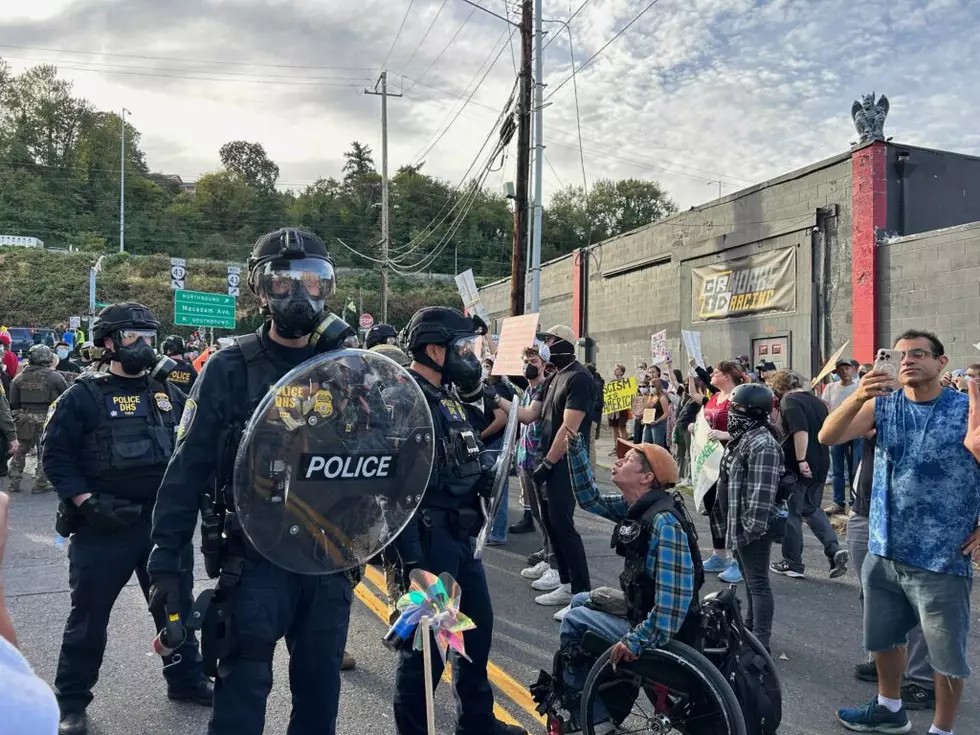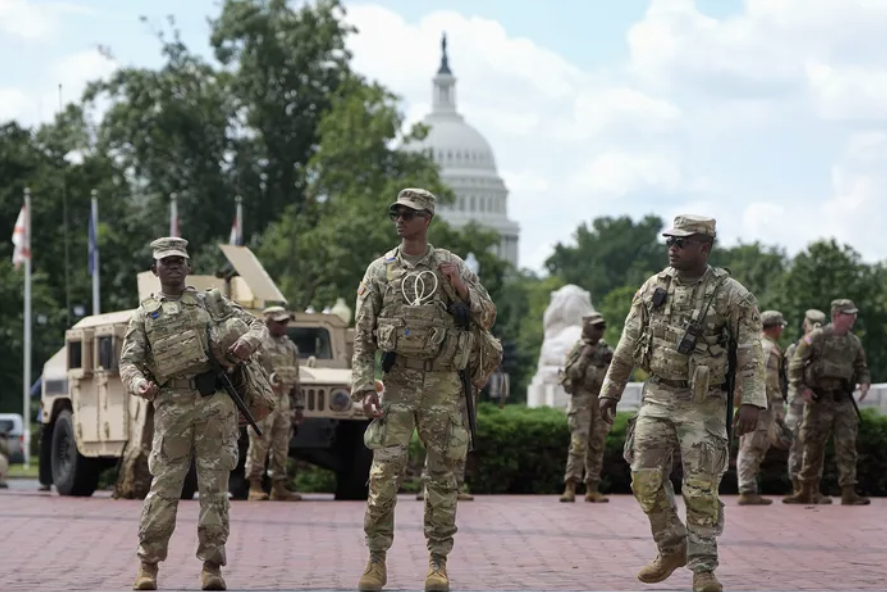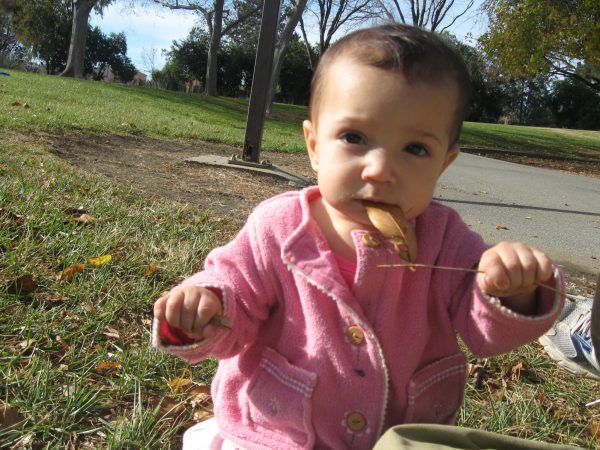Recently, Ms. Rizas’ East Asian Studies class had a special visit from Tahir Hamut, an acclaimed Uyghur filmmaker and poet. Uyghurs are an oppressed Muslim minority living in northwestern China. As the course continues to focus on what it is like to live today in China, Uyghurs and their circumstances have been a prominent conversation.
After the 9/11 attack, Uyghurs became branded as terrorists in China by the government, mainly because they were Muslim.
Today, Uyghurs continue to be targeted by Chinese officials. The Chinese Communist Party believes Uyghurs pose a risk to the government’s integrity and the Chinese population due to their separatist ideals. Human rights groups estimate that over one million Uyghurs have been detained in “re-education camps” over the past few years, where they have been subjected to torture, forced labor, religious restrictions, and even forced sterilization.
Hamut is the first Uyghur visitor the East Asian Studies class has ever had. “We were researching and watching some videos about Uyghurs, and we noticed this same person kept popping up. One of my students suggested we try and get him to come talk to us,” said Ms. Rizas. It was a shot in the dark, but she sent him a Facebook message — and he responded.
From there, Hamut told his story to the students, which unfortunately is a common one for many Uyghurs.
Hamut was born in the ancient city of Kashgar and attended college in Beijing. Afterward, he moved back to the Uyghur region and became a major film director.
In 2015, Hamut and his family were living in Xinjiang, a place in China where a majority Uyghur population of Muslims lives. But soon, they began to become targeted by the Chinese government. They were directed to give blood samples and fill out paperwork. In China, they determine if Uyghurs are “safe,” “average,” or “unsafe.” Due to his success as a poet and filmmaker, connections outside of China, and history of being a political prisoner, Hamut’s status was moving from the “safe” label to the “average” label, which is a more dangerous position. They knew they had to get out. They were able to get papers to leave by bribing a doctor to say that Hamut’s daughter had a medical condition that could only be treated in the US.
Hamut had to completely start over. When he and his family arrived in the US, he worked as an Uber driver for two years, waiting on his paperwork so he could become a writer again and work legitimately.
Hamut created a new life for himself, highlighting his perseverance in a time of adversity. His work has appeared in The New York Review of Books and Asymptote, Gulf Coast: A Journal of Literature and Fine Arts, and Berkeley Poetry Review. In 2023, he published Waiting to Be Arrested at Night: A Uyghur Poet’s Memoir of China’s Genocide. In it, he details what life was like under surveillance in China.
“An interesting thing was hearing about the resilience he had to have…Needing to rebuild everything is a pretty dramatic story,” said Ms. Rizas. “Also the idea that this continues to go on. He has friends who have suddenly disappeared in China. It’s difficult.”
Michael Mandell, the B-CC Senior who made the initial suggestion to invite Hamut, said, “One of the main takeaways from the speech was how lucky we are to be in a country where we have freedoms that we sometimes take advantage of when the Uyghurs don’t have any.”








































